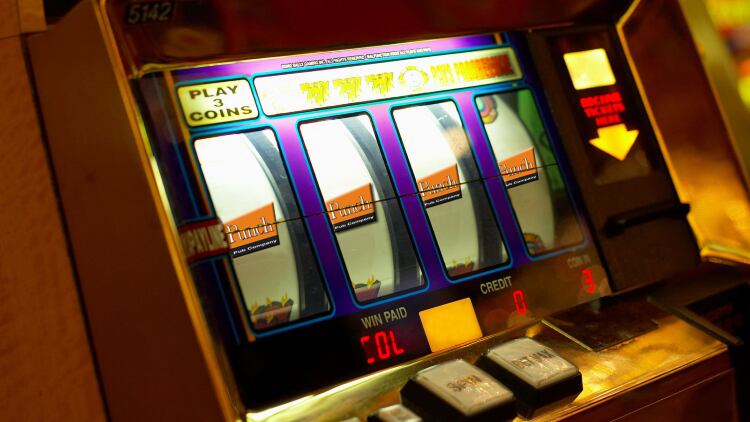The prevention of sale of alcohol to underage persons has always been very high on the agenda for most authorities, and the police and trading standards, in particular, continue to carry out a large number of test purchase operations. The penalties for such offences range from fixed penalty notices all the way through to prosecutions and premises licence reviews.
It is absolutely vital then that not only is an age verification policy in place but that it is appropriate for your venue, adhered to and fully trained in to all stats.
Here are some tips to help you keep above the law in relation to underage sales:
You will need to be mindful of the law in relation to service of alcohol to under-18s. There are other offences around this, including proxy sales and under-16s, in particular, being in licensed premises. Make sure your policy clearly sets out the law to avoid any confusion.
Teach your staff what is an acceptable proof-of-age document. The mandatory condition on your premises licence requires photographic identification, including date of birth and either a holographic mark or an ultraviolet feature. You may wish to specify which types of proof of age you accept, such as passport, photo card driving licence and PASS scheme proof-of-age cards.
Do not just ask your staff to look at the ID, make sure they actually check it – the photo needs to match the person supplying ID, the date of birth needs checking and, of course, look out for any obvious signs of tampering.
You may have a condition on your licence, or it may be your policy to operate a Challenge 21 or Challenge 25 policy, which means that if a member of staff suspects someone of being under the age of 21 or 25 then they must ask for ID.
Once they have asked for ID, if it is not provided satisfactorily, they must not make the sale.
Make sure your staff are aware of what to do when they refuse service. This may be referring it to a manager, recording a refusal on a till log or manually in a book and, of course, you may have a disgruntled customer to deal with. You should ensure your staff feel comfortable and supported in making these decisions and carrying them through.
Do not rely on your door staff to stop all potential underage customers. It is the responsibility of all staff involved in customer management and the sale of alcohol to ensure alcohol is not sold to under-18s.
Keep your refusals and training records up to date and available for inspection where required.
For any legal enquiries please visit Poppleston Allen's website.




